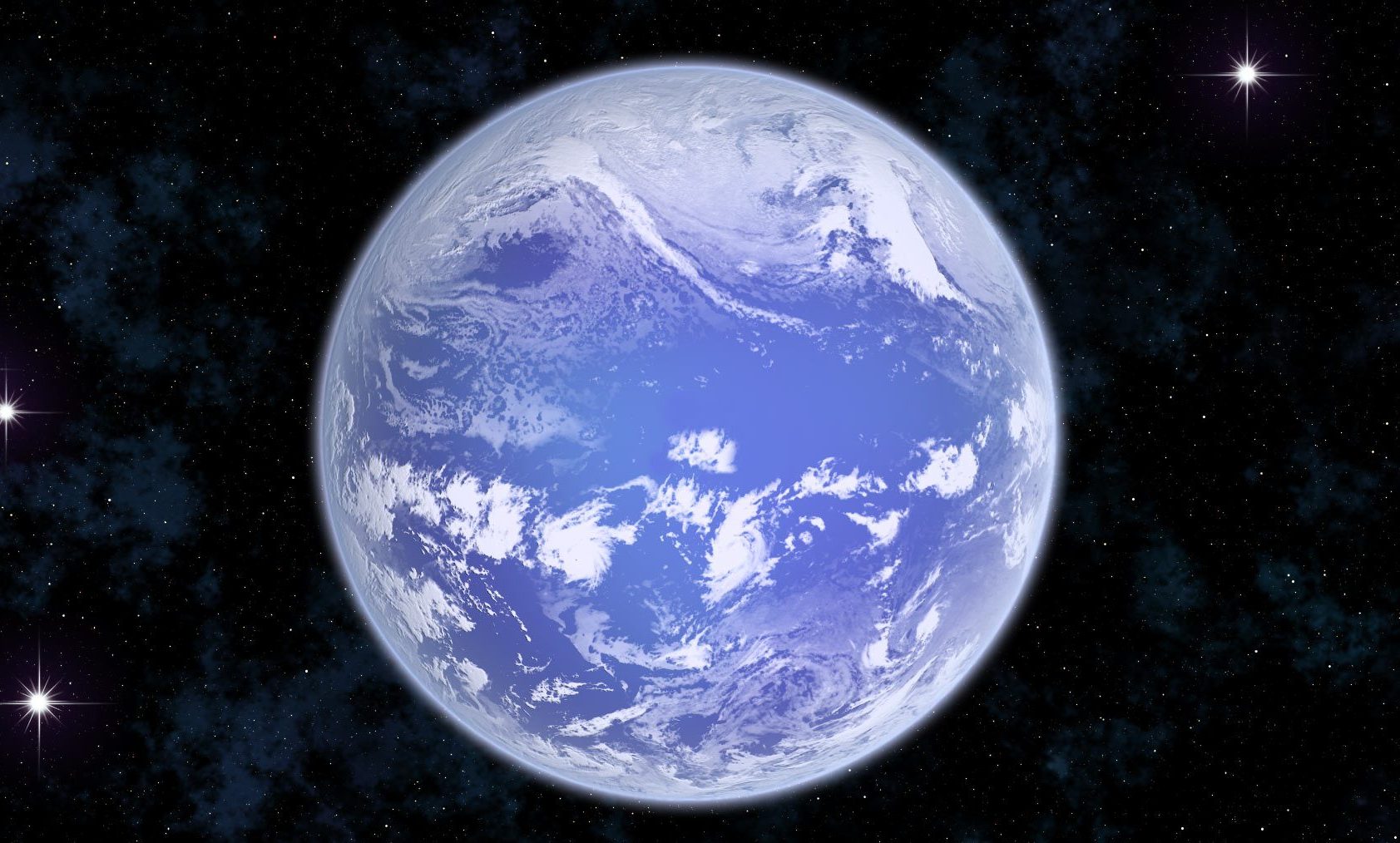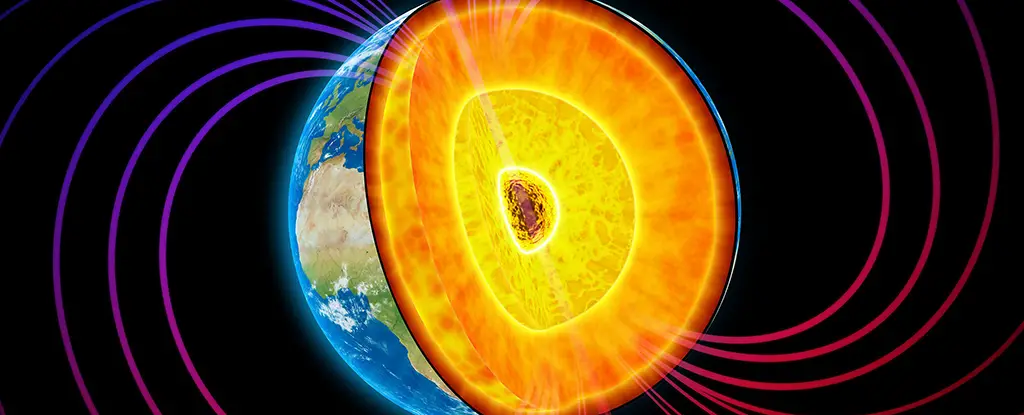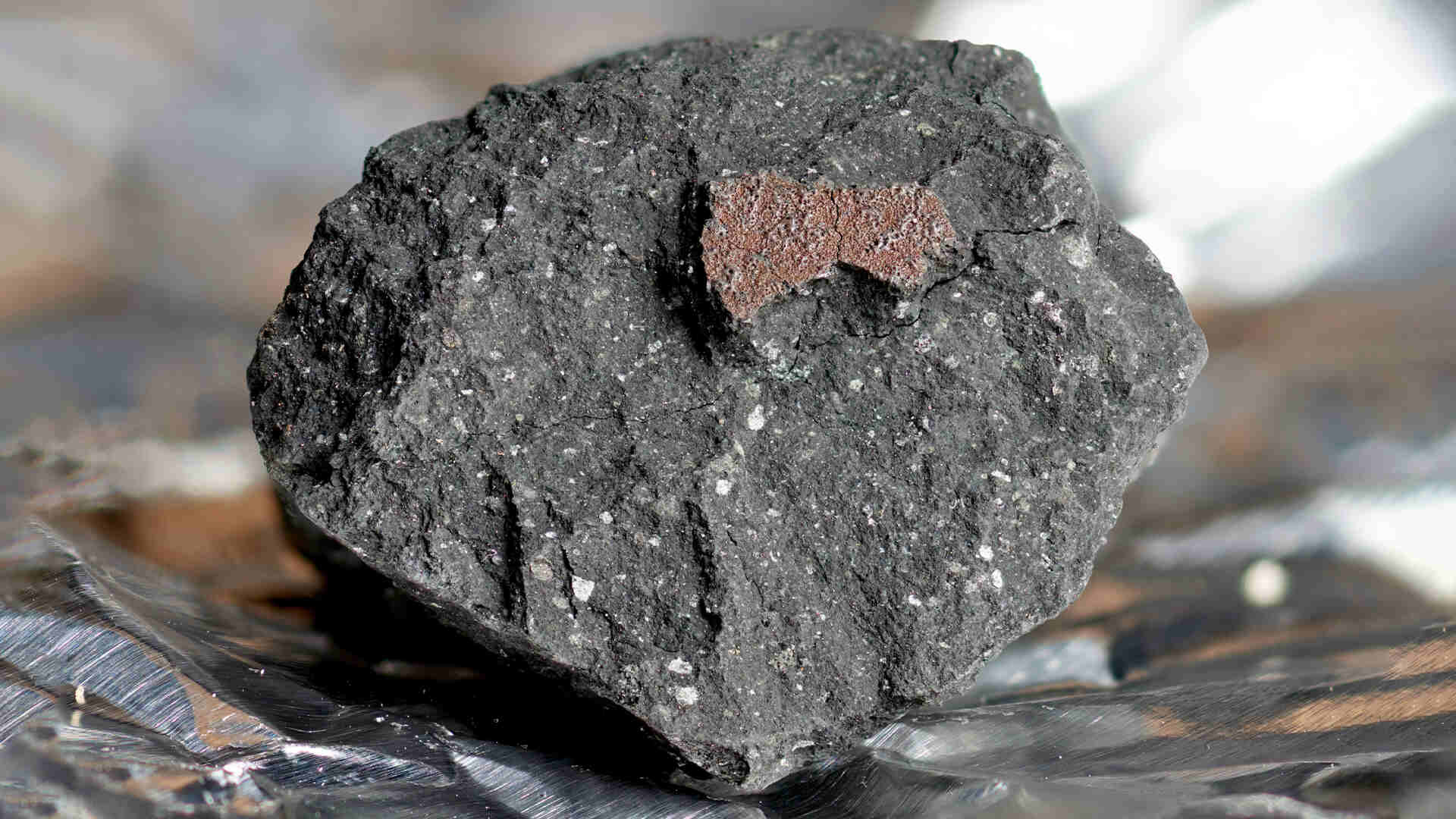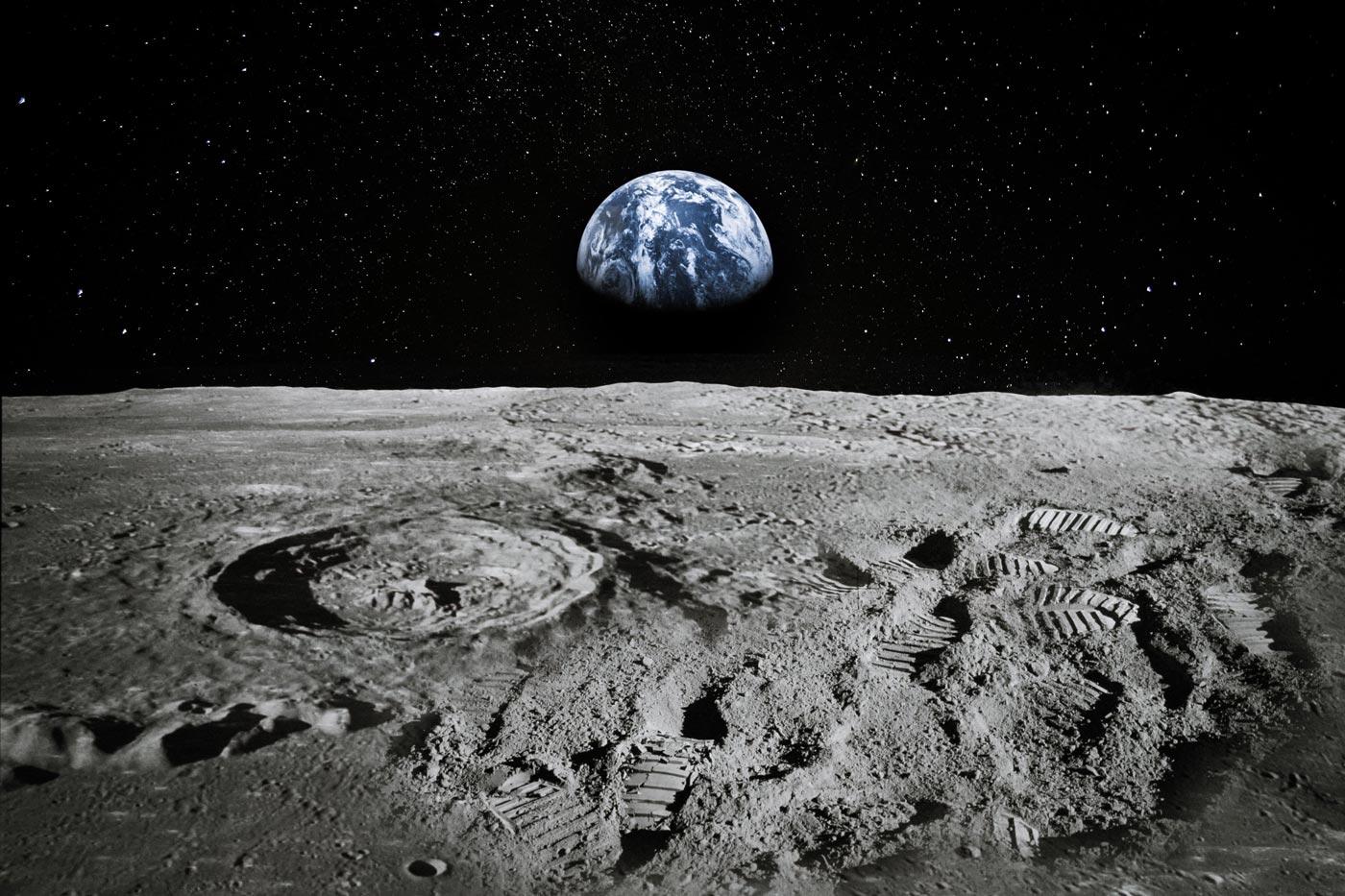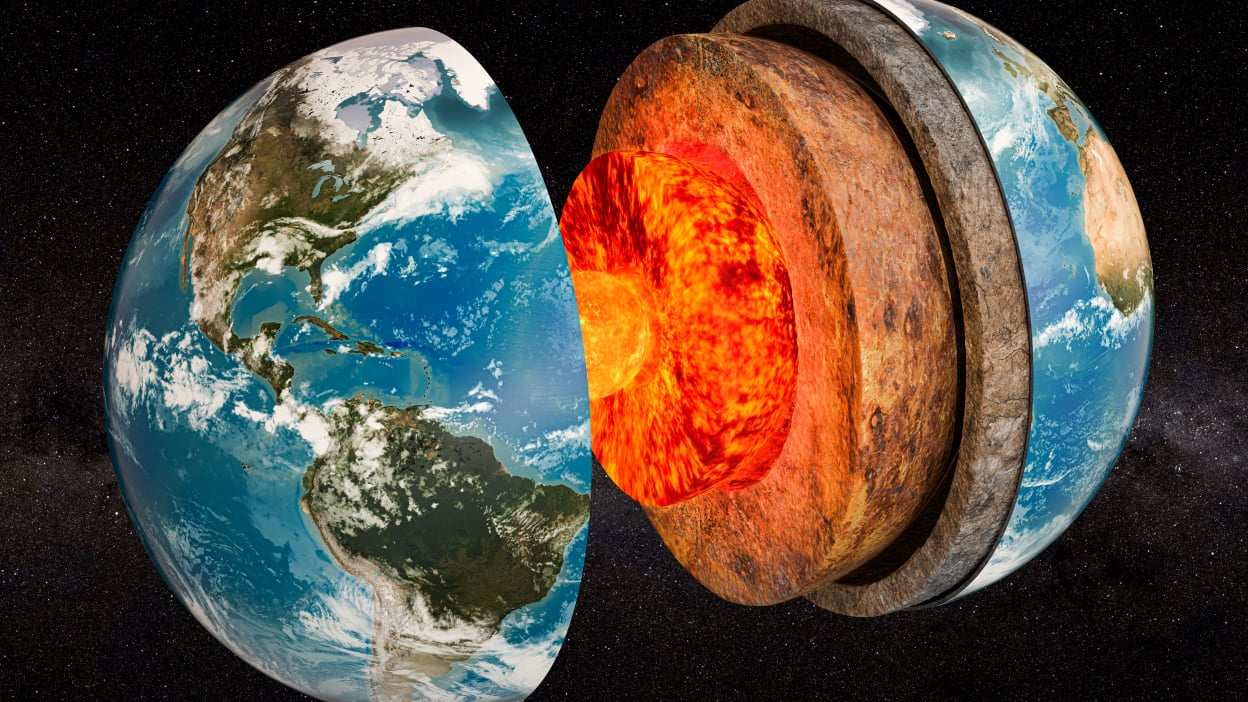New research suggests ancient Earth was almost entirely covered by water 3 billion years ago.
Key takeaways:
- Around 3 billion years ago, Earth may have been a “water world” with little to no dry land, as suggested by a groundbreaking study in Nature Geoscience.
- Analysis of ancient seafloor rocks from Western Australia revealed evidence supporting a mostly submerged planet during this time.
- Oxygen isotope ratios in the rocks suggest the absence of large landmasses capable of absorbing heavier isotopes like O18.
- This discovery strengthens the theory that life could have originated in oceanic hydrothermal vents, where conditions were favorable for early life.
- Future research aims to analyze rock samples from across the globe to map Earth’s transition from a water world to a land-rich planet.
______
A groundbreaking study published in Nature Geoscience suggests that 3 billion years ago, Earth was likely a true water world, with little to no landmass above its oceans. This discovery could have significant implications for our understanding of the origins and evolution of life.
The research focuses on rock samples from the Panorama district of Western Australia, which formed in a hydrothermal vent system on the seafloor about 3.24 billion years ago. By analyzing these ancient rocks, researchers concluded that Earth at that time may have been nearly entirely submerged under water, with only small archipelagos, if any, breaking the ocean’s surface.
Water’s Ancient Imprint
Although modern Earth is about 70% water-covered, the new findings suggest a far more waterlogged past. Scientists still debate how much water Earth originally had and where it came from—whether it was present from the start or delivered later by comets or asteroids. While evidence shows Earth has had water for about 4.4 billion years, it remains unclear how much water existed in the planet’s early days.
The key to understanding Earth’s ancient environment lies in oxygen isotopes, particularly the ratios of oxygen-16 (O16) and oxygen-18 (O18) in water. When water evaporates, lighter O16 evaporates more readily than O18. On modern Earth, rocks on land absorb much of the heavier O18, leaving the oceans with relatively less. The rock samples analyzed in this study contained unusually high levels of O18, suggesting that large landmasses capable of absorbing this isotope did not yet exist, further supporting the idea of a mostly oceanic Earth at that time.

Implications for Life’s Origins
The possibility that early Earth was almost entirely covered in water raises intriguing questions about the origin of life. Scientists often debate whether life began near hydrothermal vents in the ocean or on land in “warm little ponds,” as Charles Darwin once proposed. If early Earth had no significant landmasses, this would bolster the idea that life originated in the ocean, likely near hydrothermal vents, where heat and mineral-rich water were abundant.
As Boswell Wing, a geology professor at the University of Colorado Boulder, notes, if Earth was entirely covered in water when life first appeared, then land-based origins of life would be impossible. This could also inform the search for life on other planets, suggesting that exoplanets entirely covered by oceans might be prime candidates for harboring life.
Future Research
Though this study focuses on one point in time, the rock samples from Western Australia offer valuable insight into Earth’s watery past. The researchers plan to extend their investigation by analyzing additional samples from locations like Africa, Canada, and the United States to track the emergence of Earth’s continents over billions of years. Together, these samples may reveal when Earth transitioned from a water world to a planet with the dry land we know today.
